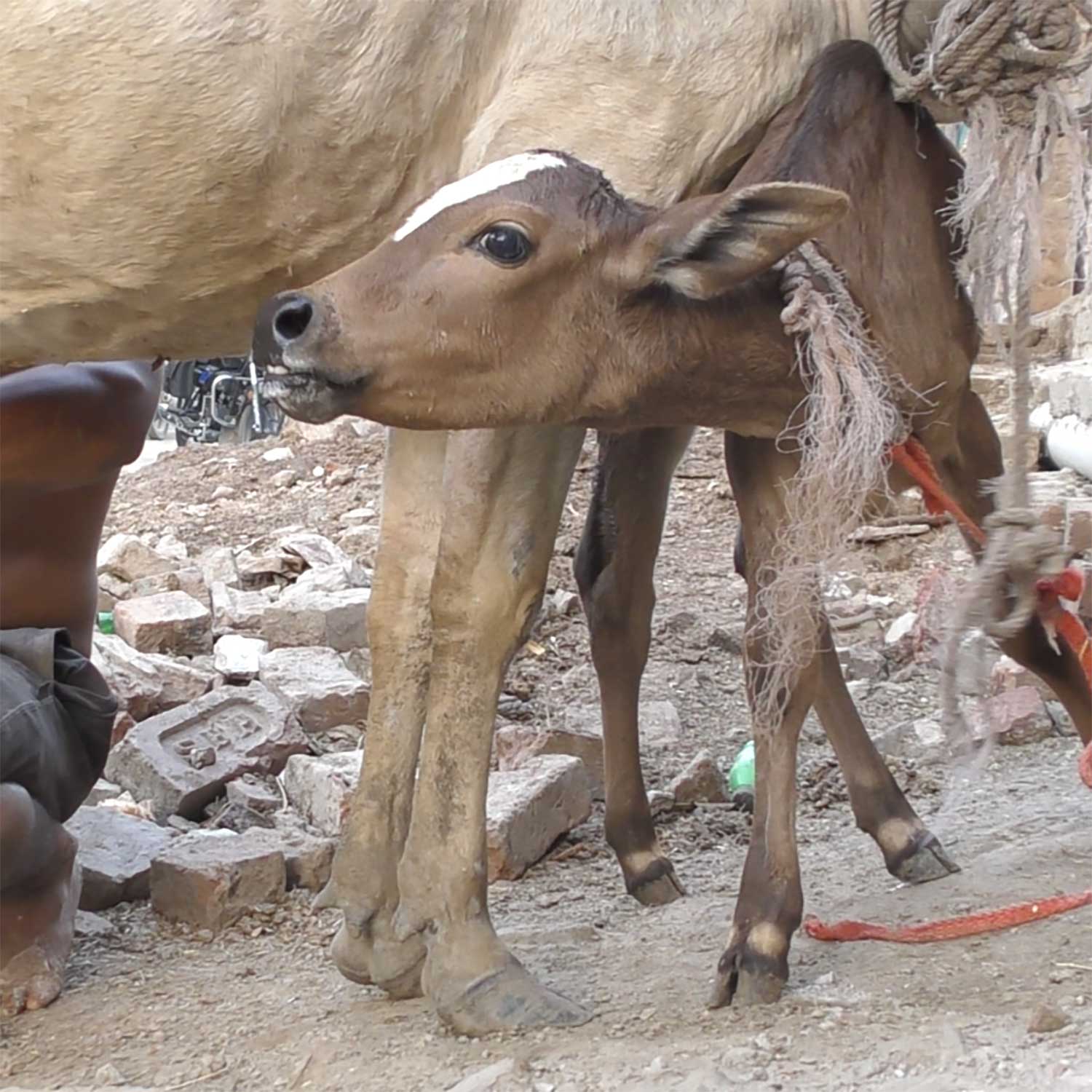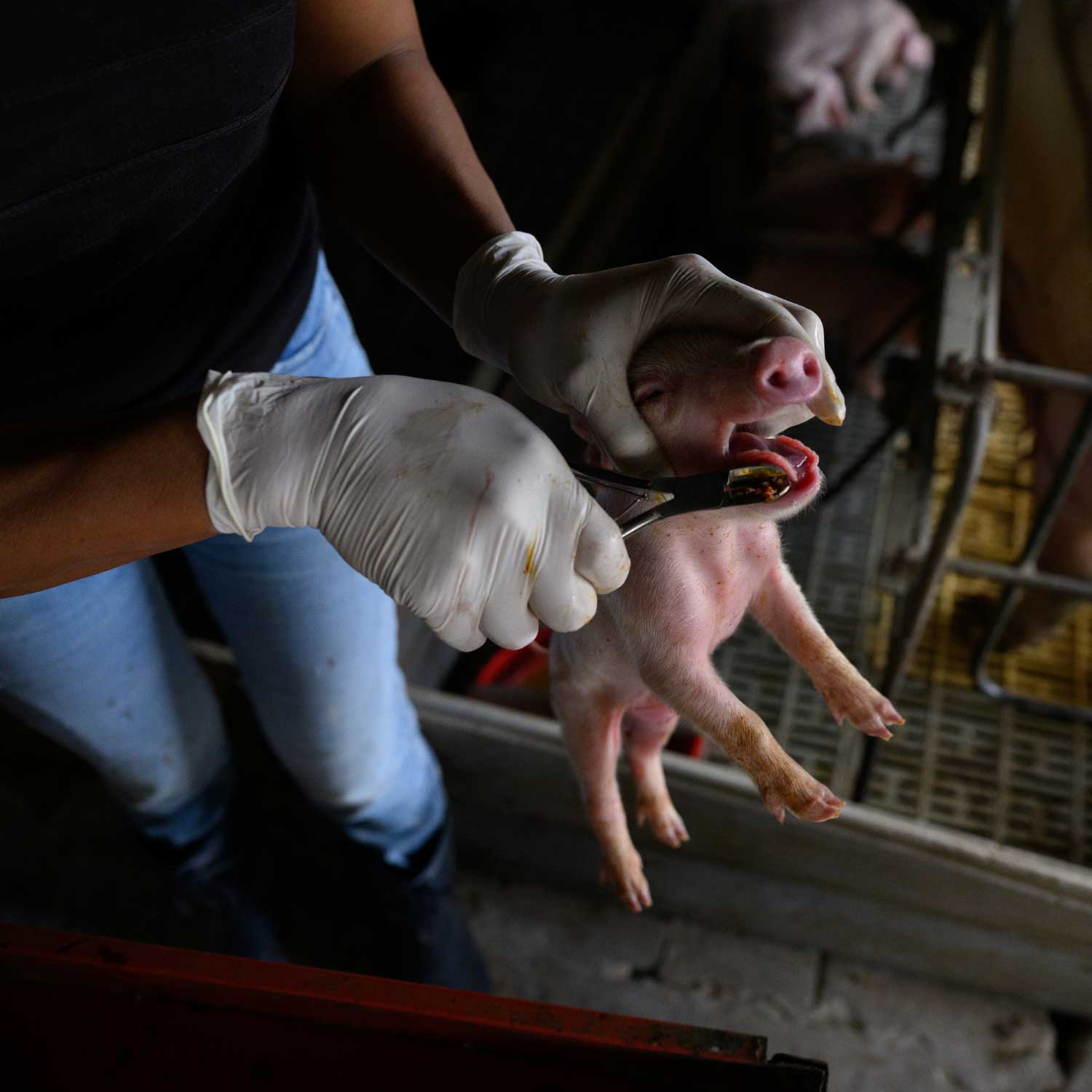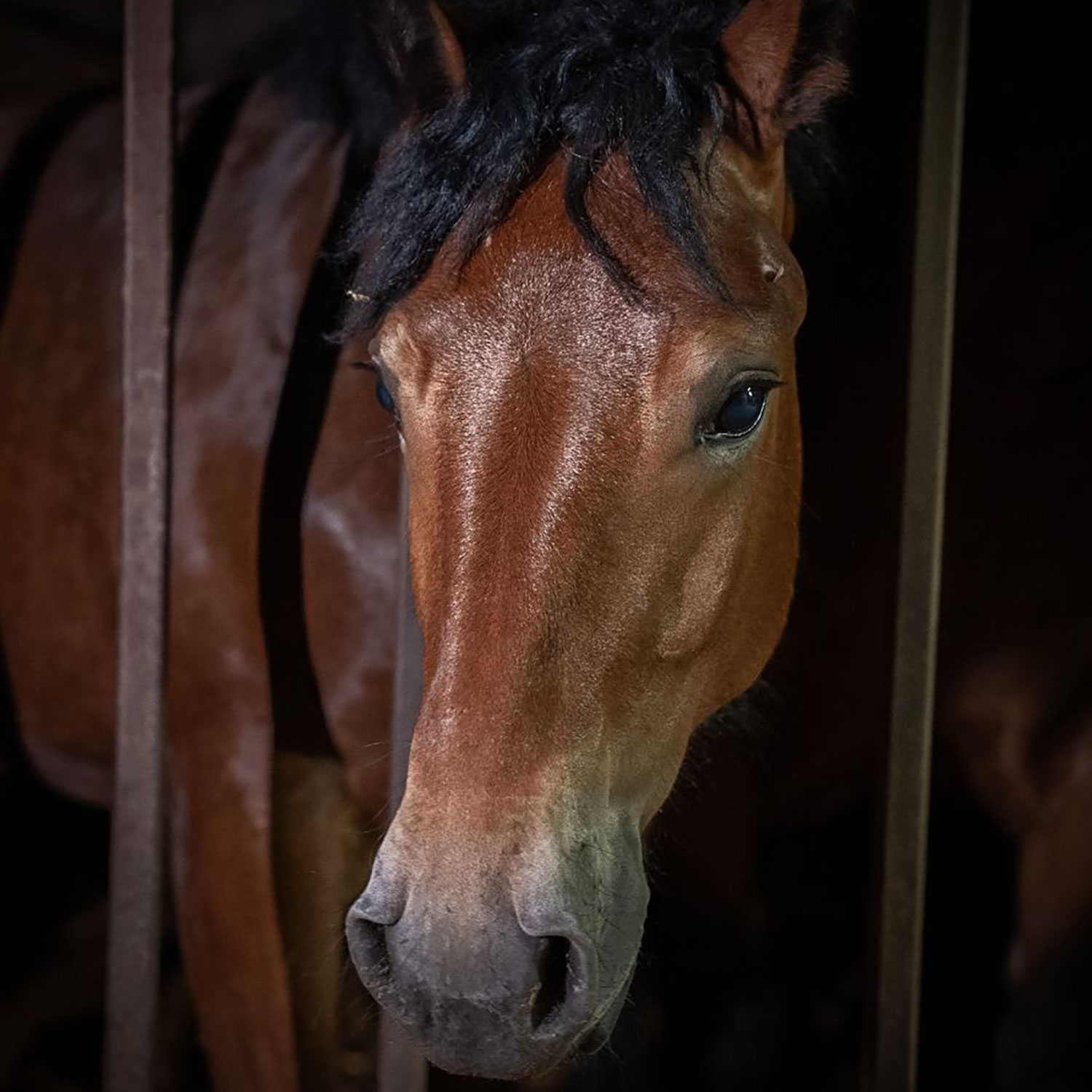RIU Hotels & Resorts Bans Cages in Its Global Egg Supply Chain
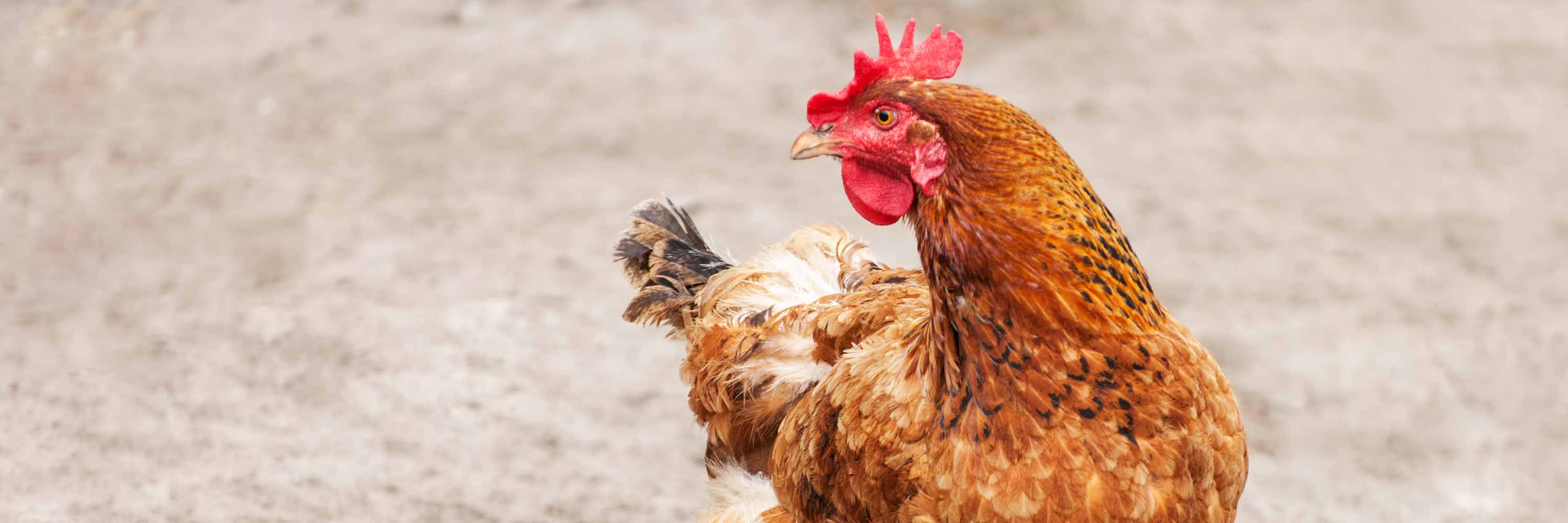
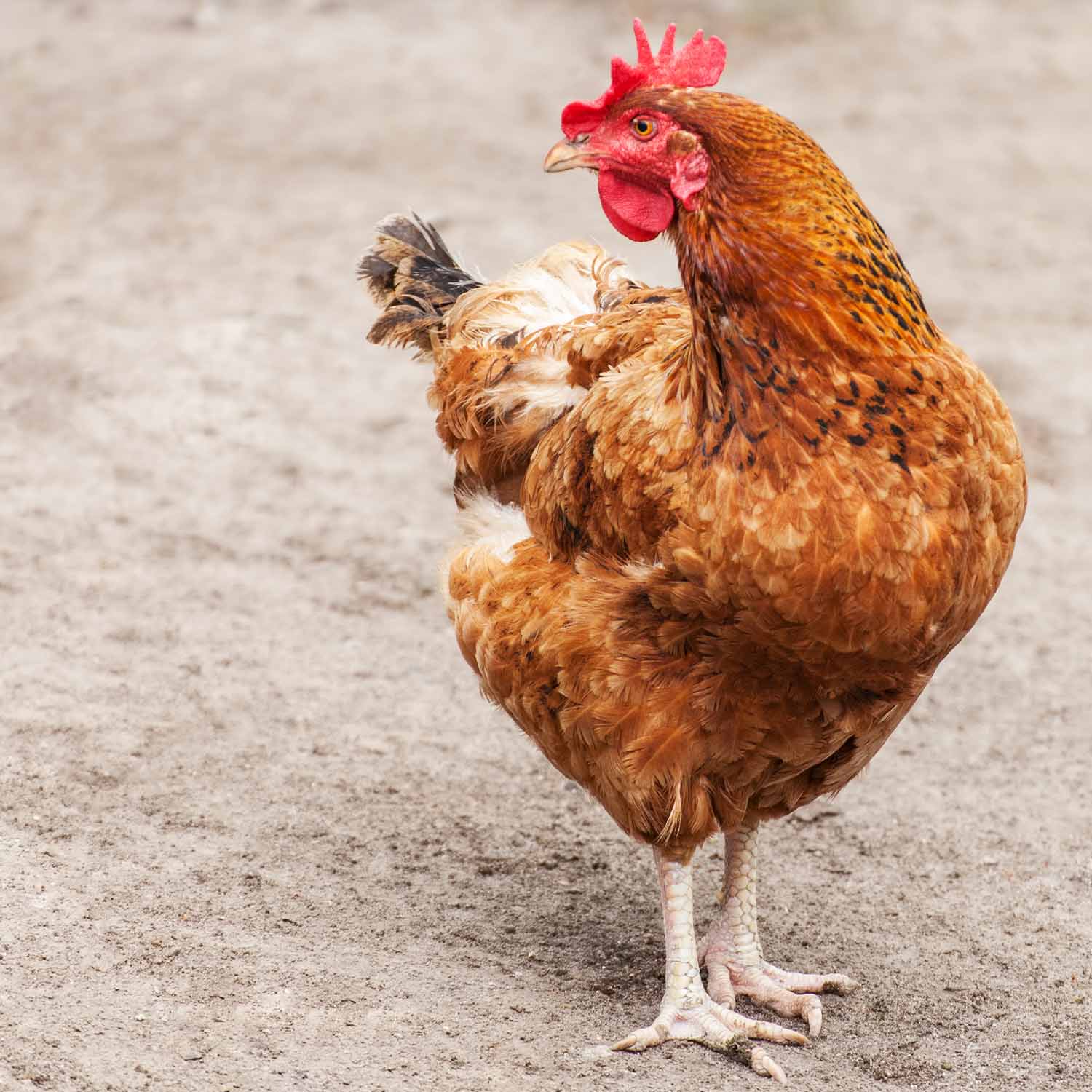
- This policy will be implemented in its 100 hotels in 20 countries and will improve the lives of more than 375 thousand hens used for eggs each year.
- The cage system seriously compromises the welfare of hens, who live in such small spaces and are so cramped that they cannot perform their most basic and natural behaviors.
RIU Hotels & Resorts, a Spanish hotel chain, recently announced its commitment to ban cages for hens in its global egg supply chain by the end of 2025.
As one of the most important hotel chains in the world, with hotels in the Americas, Europe, Africa, and Asia, implementing this commitment will improve the lives of more than 375,000 hens each year.
This policy is part of its sustainable measures with which animal welfare and the cage-free movement will gain momentum in the countries where RIU has facilities – Mexico, Aruba, The Bahamas, Costa Rica, The Dominican Republic, Germany, United Kingdom, Cape Verde, Morocco, Mauritius, and Sri Lanka, just to mention a few.
What does RIU’s policy say?
Within the framework of our Animal Welfare Policy, we are committed to ensuring that 100% of the eggs consumed in all our hotels and all our products are Cage-Free (CFE) by 2025. We will not accept combined systems. This transition will be gradual and we will work closely with expert organizations in the field, as well with local suppliers and producers to achieve it. We will publicly report our progress towards full compliance with this commitment on our website or other means annually.
-RIU Animal Welfare Policy1
Why ban cages for hens?
Cages in egg production are not only cruel. They are unnecessary, as they seriously compromise the physical and emotional well-being of hens. Cages force these hens to live in such small, cramped spaces that are only the size of a sheet of paper. These animals cannot perform their most basic and natural behaviors, such as walking, nesting, or even stretching their wings. Many die when trampled by other hens, and their bodies often decompose along with the birds that continue to lay eggs for human consumption.
All of this has been documented and on display since 2016 with the investigative work that Animal Equality has done within the egg industry.
We know that cage-free does not mean free of all suffering, but we consider it a much-needed step towards a more compassionate world for animals. We will continue working to eliminate this cruel and unnecessary system.
-Dulce Ramírez, Vice President for Latin America at Animal Equality
The trend to get rid of cages is a response to growing consumer demand for greater transparency and better treatment of animals, which rewards companies with a good corporate reputation and brand value.
Policies like the one RIU is making public today are urgent as they have a huge impact on reducing animal suffering.
What other companies have banned cages?
World-class hotels such as Nickelodeon Hotels & Resorts Riviera Maya (Karisma), Best Western, Hilton, Marriott, Four Seasons, Wyndham, Palladium, Barceló, and Meliá have already committed to not buying or using eggs that come from caged hens. In the food sector, companies such as Burger King, Unilever, Nestlé, Kraft Heinz, KFC, Pizza Hut, Cinnabon, The Cheesecake Factory, Panda Express, and Toridoll are already part of this global trend.
How you can help hens in cages:
Forced to live in spaces the size of a piece of paper, hens living in cages suffer mentally and physically. They can’t even walk or spread their wings. It is our responsibility to denounce this inhumane practice inside the egg industry. The best way to protect these animals is by choosing plant-based alternatives.
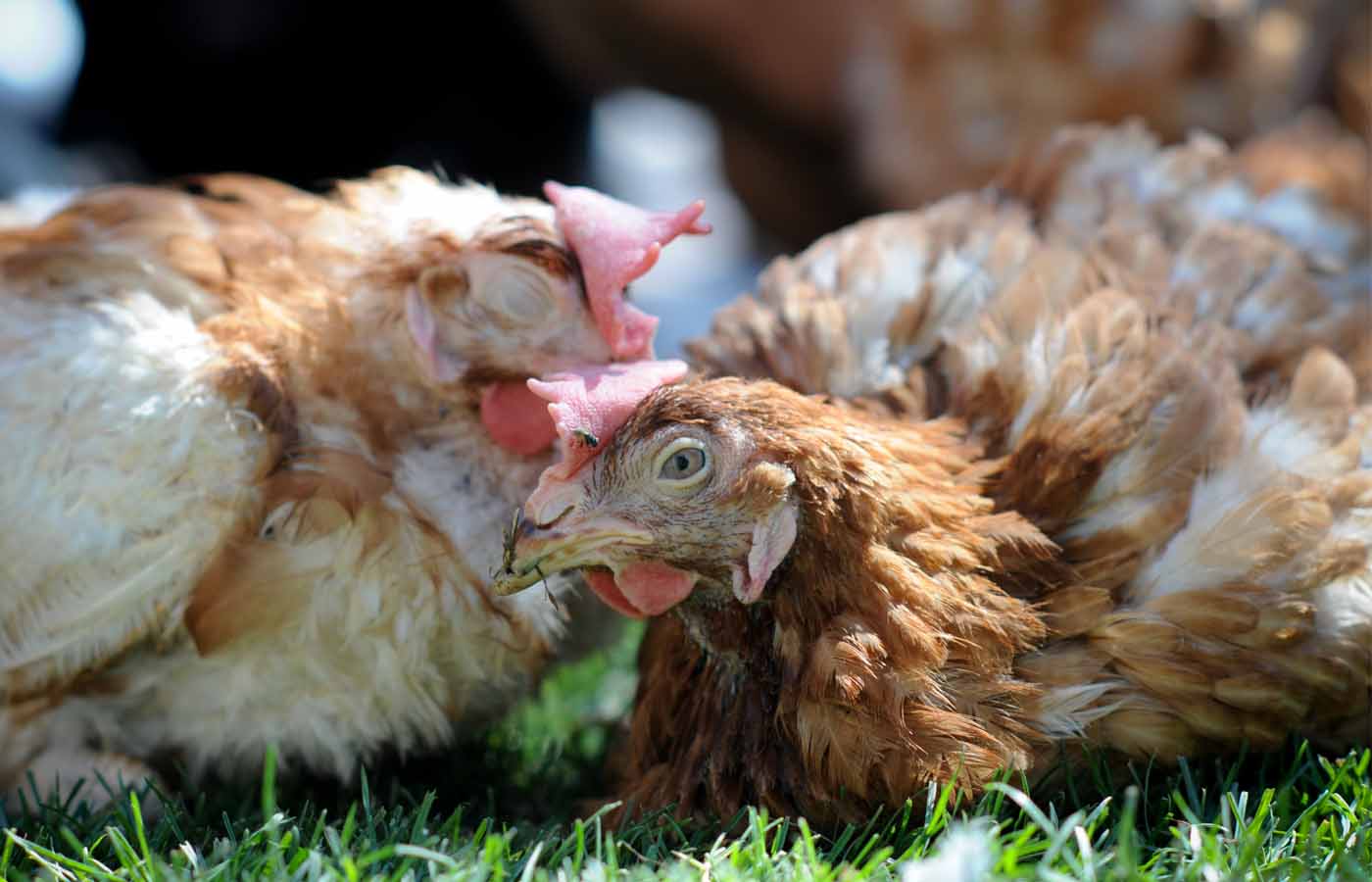
FOSTER COMPASSION
As a mother capable of empathy, a hen will defend her chicks at all costs.
Support a mother’s love by replacing eggs in your meals with plant‑based alternatives.
SOURCES:
1RIU Animal Welfare Policy: https://www.riu.com/riusponsible/en/sustainable-measures/

